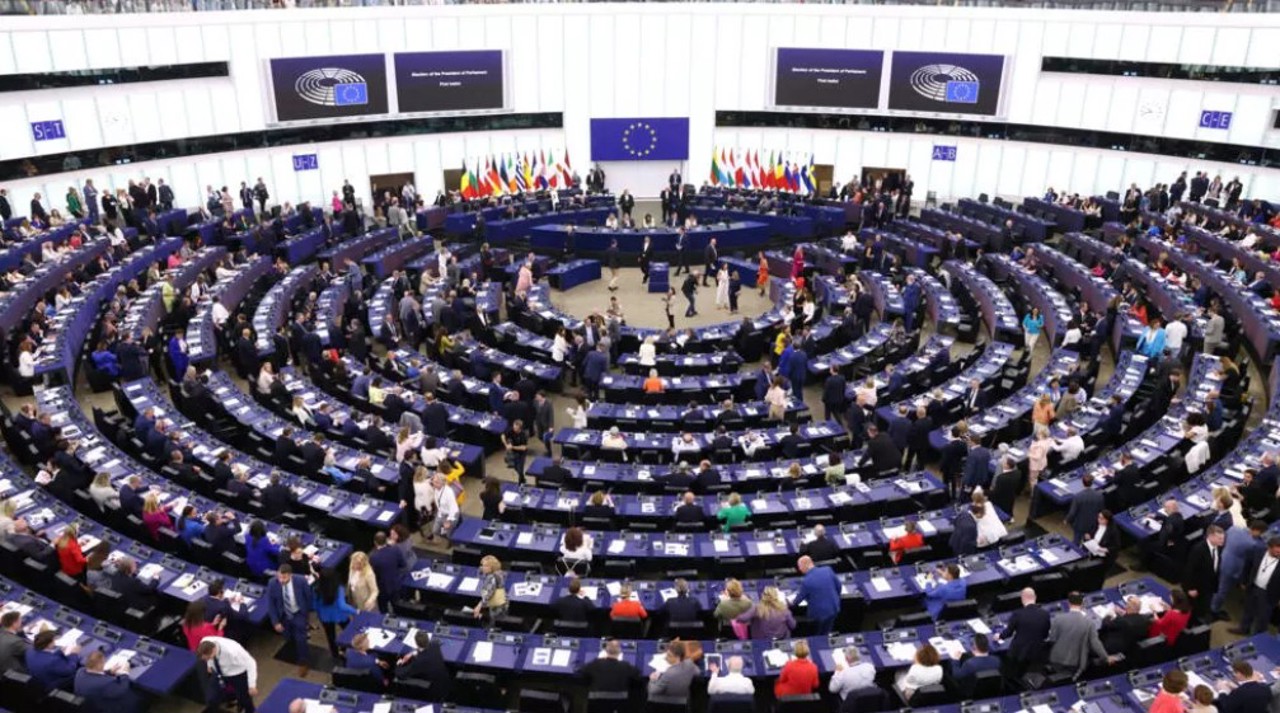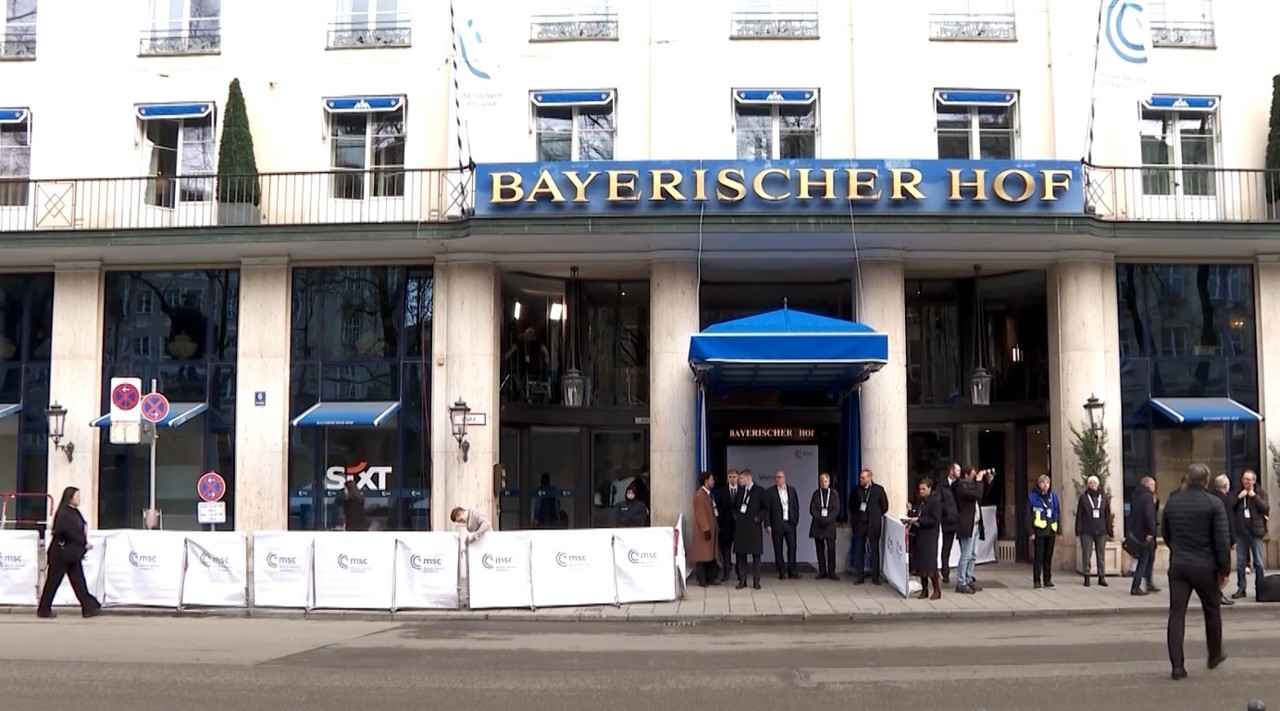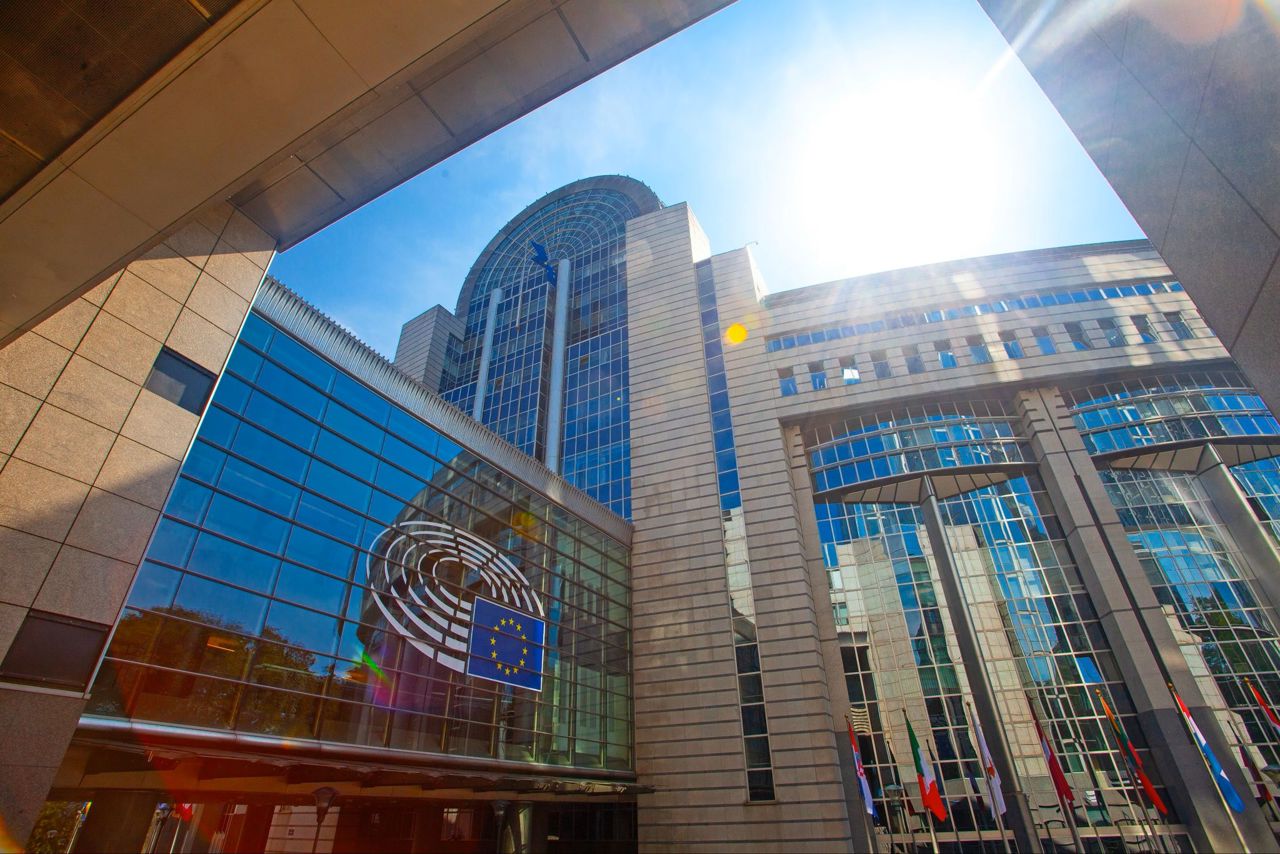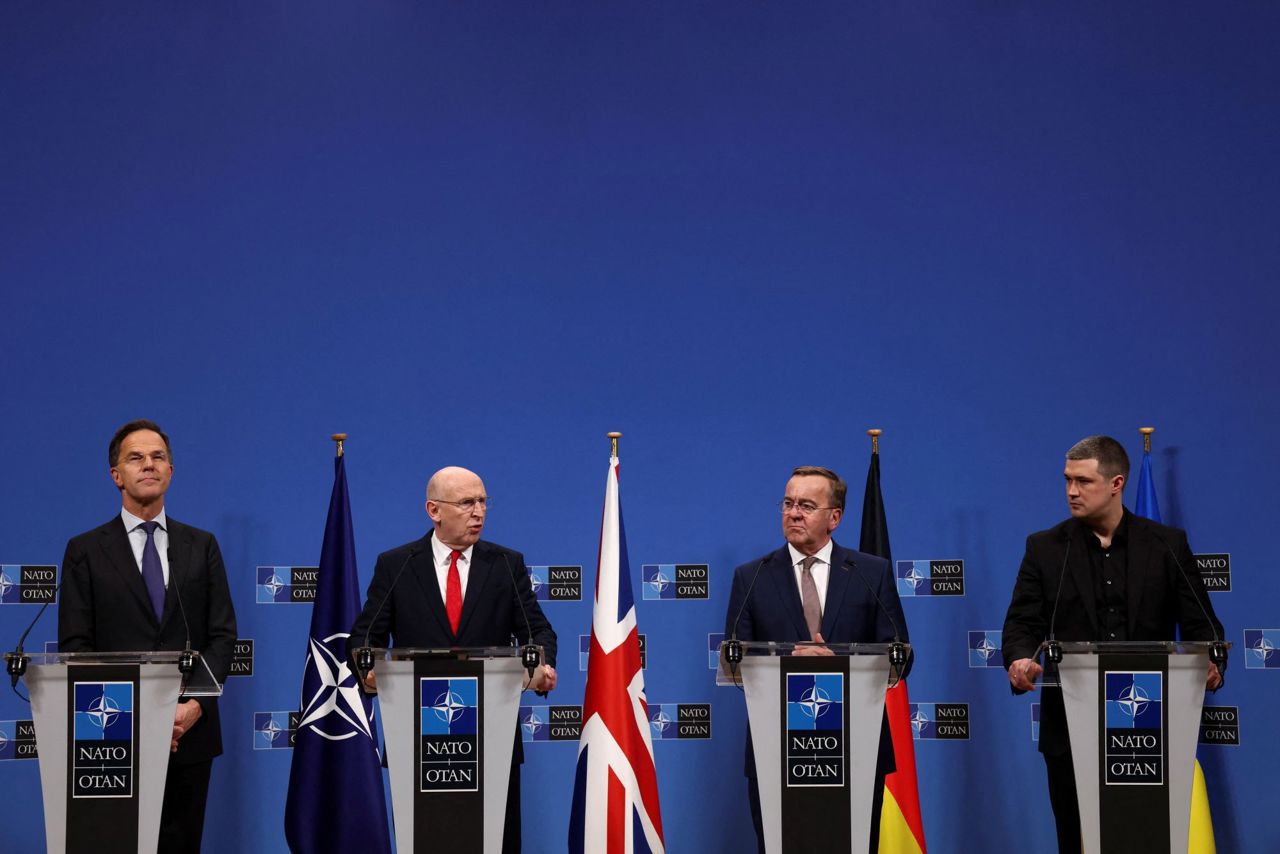Correspondence // EU accession: MEPs to discuss increased support for Chisinau to fight Russian influence ahead of referendum
The new European Parliament meets in plenary session this week, and among the main items on the agenda is a proposed resolution on strengthening the ability of the Republic of Moldova to resist Russian interference ahead of the upcoming presidential elections and the constitutional referendum on EU integration.
The text of the resolution, which will be voted on with priority, states that "the Russian Federation has used provocation, disinformation, illegal financing of political parties, cyber attacks and other hybrid means to undermine the stability, sovereignty, constitutional order and democratic institutions of the Republic of Moldova". The Republic of Moldova has taken measures to combat Russian interference, including by banning pro-Russian political parties, sanctioning oligarchs, suspending media outlets that spread disinformation or increasing customs controls. Russia was also involved in efforts to intervene in the electoral processes of the Republic of Moldova, directly supporting the fugitive Moldovan oligarch Ilan Şor and coordinating with the Russian secret services to influence the outcome of the October 2024 presidential elections in Moldova and the constitutional referendum on EU accession . Already on April 24, 2023, the EU established the Partnership Mission in Moldova within the framework of the common security and defense policy, intending to increase the resilience of the security sector in the fields of crisis management, hybrid threats and combat the manipulation and interference of foreign information. This year, on May 21, 2024, the Republic of Moldova became the first country to sign a security and defense partnership with the EU, which will support the strengthening of cooperation in the field of security and defense policy between the EU and Chisinau. What will the draft resolution of the EU Parliament contain In the draft resolution, MEPs will be asked to reaffirm their commitment to the future accession of the Republic of Moldova, which would constitute a geostrategic investment in a united and strong Europe; the resolution also invites the European Commission to boost the completion of the bilateral examination process, which will allow the rapid organization of the next intergovernmental conferences. The resolution then condemns the increase in malicious activities, interference and hybrid warfare carried out by the Russian Federation in undermining the democratic electoral process, the stability and sovereignty of the Republic of Moldova ahead of the presidential elections and the constitutional referendum on EU integration. The proposed text asks the EU and its member states to ensure that the Republic of Moldova is provided with all the necessary assistance to strengthen its institutional mechanisms and its capacity to respond to hybrid threats, to counter disinformation and cyber attacks; underlines the importance of the EU Partnership Mission in the Republic of Moldova (EUPM Moldova) in strengthening the resilience of the security sector of the Republic of Moldova in the field of crisis management and hybrid threats, including cyber security and combating the manipulation and interference of foreign information; (FIMI) and requests the extension of his mandate.
The text encourages the EU and its member states to actively support the Republic of Moldova in combating disinformation, hybrid threats, cyber attacks and multifaceted Russian interference; underlines the particular importance of combating the falsification and instrumentalization of history by Russia, which underlines its malignant interference in the Republic of Moldova and is used to justify its war of aggression against Ukraine and its threats of further aggression against other states; believes that this should include strengthening the capacity of the Republic of Moldova to combat disinformation, strengthening its cyber security infrastructure, improving resistance against external malignant influence, ensuring a safe and democratic environment; calls for increased support for the Center for Strategic Communication and Combating Disinformation from Moldova.
The EU and its member states are also requested to increase the financial and technical assistance granted to the Republic of Moldova to facilitate the process of rapid and efficient integration of the country into the EU; recommend the creation of robust and flexible tools, tailored to Moldova's specific needs, to effectively address its economic and structural challenges, ensuring that the country remains resilient and able to implement the necessary reforms on its path to EU accession, and ensuring that it is adequately funded; In this sense, it asks the European Commission to include the Republic of Moldova in the Instrument for Pre-Accession Assistance (IPA III) and to prioritize the financing of candidate countries in its proposal for the next multiannual financial framework (2028-2034), ensuring the path to EU accession.
It is considered that an increased financial contribution from the European Peace Facility is needed to further improve the defense capabilities of the Republic of Moldova, with a particular focus on air defense systems, mobility and transport, command and control, electronic warfare and logistics .
The signatories of the draft resolution, especially from the EPP, welcome the accession of the Republic of Moldova to EU programs such as EU4Health, Horizon Europe, LIFE, FISCALIS, the Connecting Europe Facility, the Single Market Program, Digital Europe, Creative Europe, the Civil Protection Union Mechanism (UCPM) , the Joint Procurement Agreement for medical procurement countermeasures, the Employment and Social Innovation Program (EaSI), the Interreg NEXT Black Sea Basin Program 2021-2027, the Interreg Danube Region Program 2021-2027 and the Interreg NEXT Romania-Republic of Moldova Program 2021-2027 and Erasmus Mundus; supports the inclusion of the Republic of Moldova in the "Roam Like at Home" initiative.
Finally, the draft resolution invites the Commission and the European External Action Service to improve strategic communication about the EU in the Republic of Moldova; calls on the Commission and the Member States to further support media literacy and media independence in the Republic of Moldova, as well as to support the digital strengthening of its critical infrastructure and the replacement of ICT systems of Russian origin; then: entrusts the President with the task of transmitting the resolution to the Council, the Commission, the Vice-President of the Commission/High Representative of the Union for Foreign Affairs and Security Policy, the Government and Parliament of the Republic of Moldova, the Russian Federation, the United Nations, the Organization for Security and Cooperation in Europe and the Council of Europe .
Moldova and the status of "candidate country"
On March 3, 2022, the Republic of Moldova applied for EU membership, and on June 17, 2022, the European Commission presented its opinions on the applications submitted by Ukraine, Georgia and Moldova, with Chisinau and Kyiv obtaining a European perspective on June 23, 2022.
The European Commission highlighted nine steps for Moldova to follow in its report on the 2023 enlargement package, which was presented on 8 November 2023, which recommends the opening of accession negotiations, provided that the remaining reforms in justice, anti-corruption and deoligarization to be realized; The European Council decided to open accession negotiations on 14 December 2023, and the first intergovernmental conference to officially launch these negotiations took place on 25 June 2024.
In addition to all more or less quantifiable financial and technical aid, the EU imposed sanctions in 2023 on key Moldovan oligarchs and pro-Russian sympathizers, such as Ilan Şor and Vladimir Plahotniuc, Igor Ceaika, Gheorghe Cavaliuc and Marina Tauber.
Author: Dan Alexe






